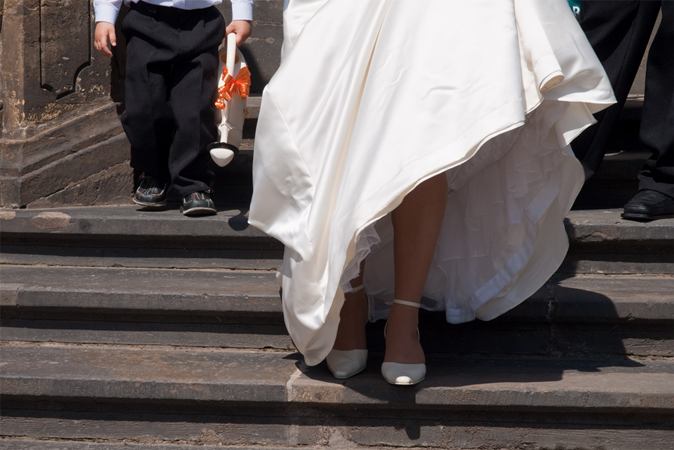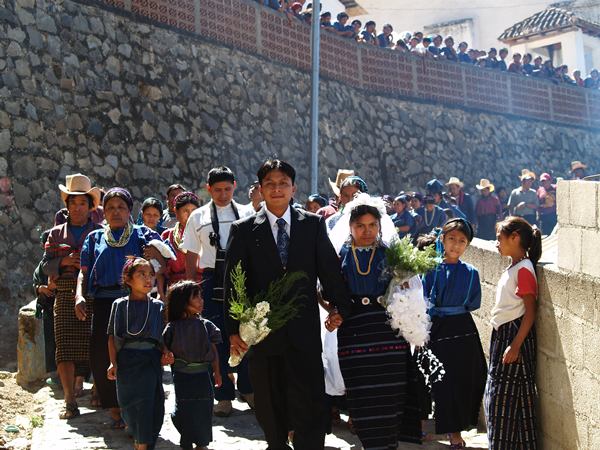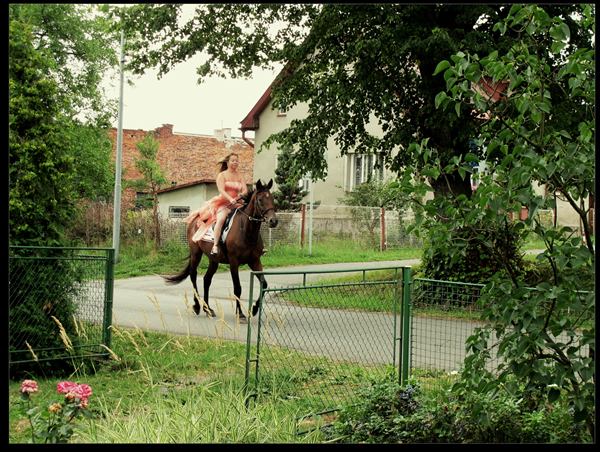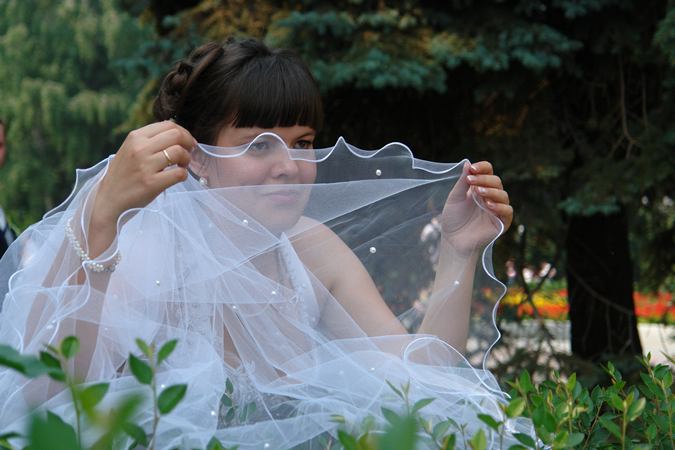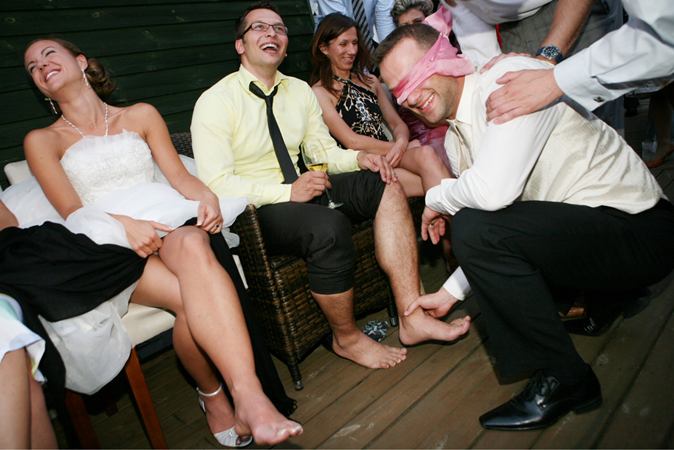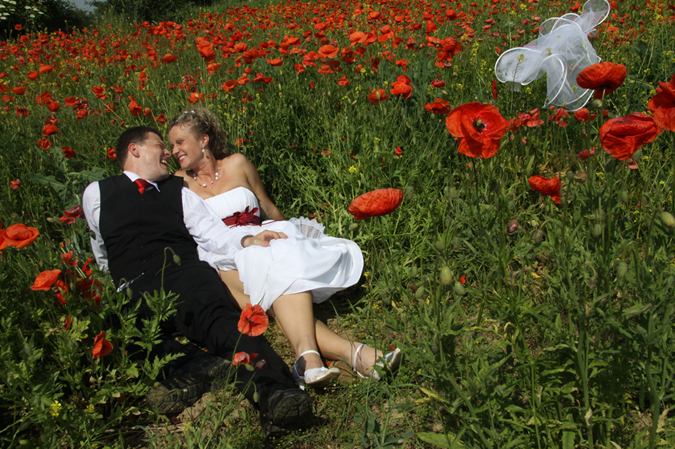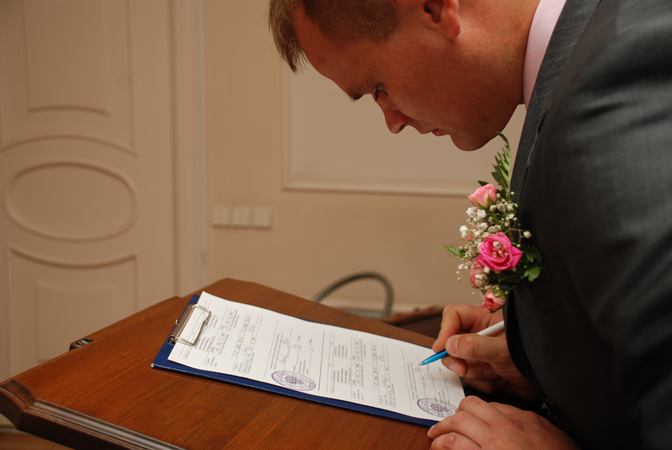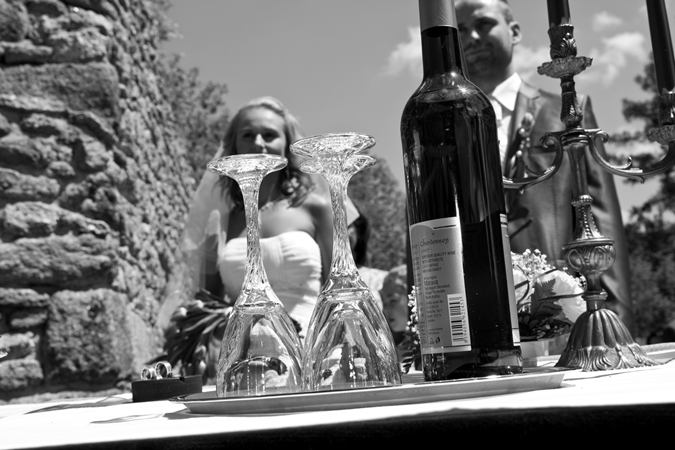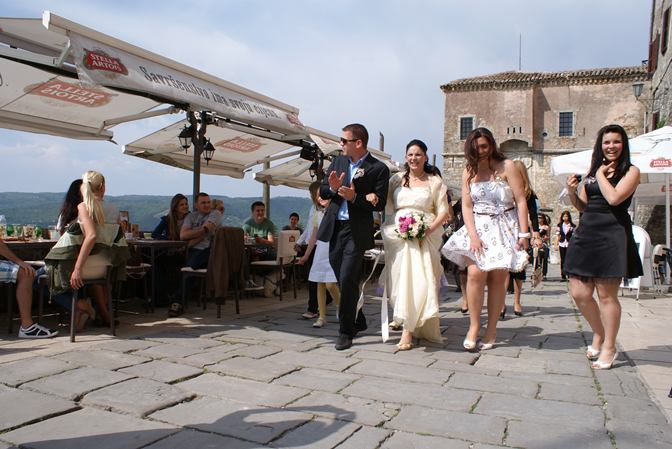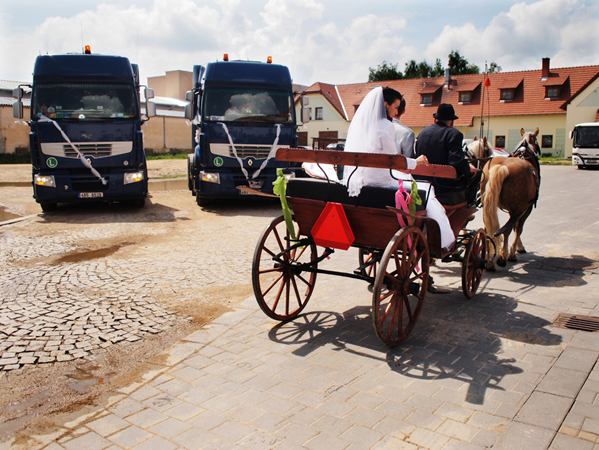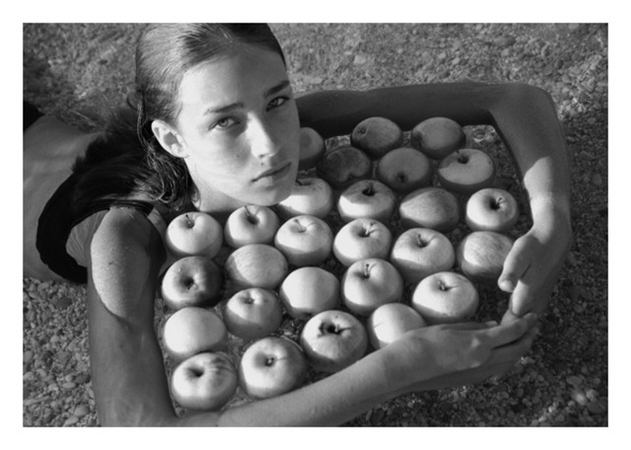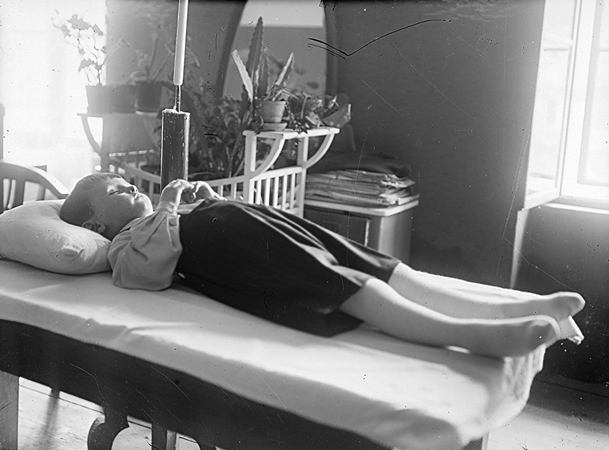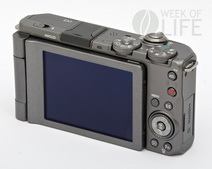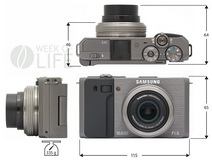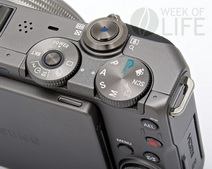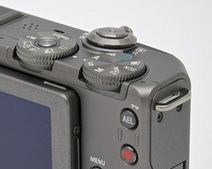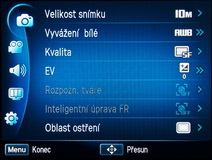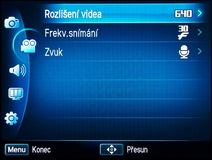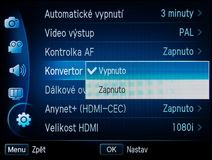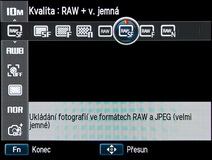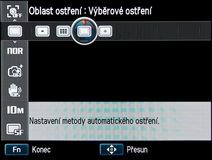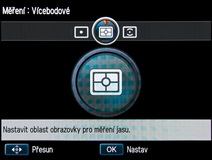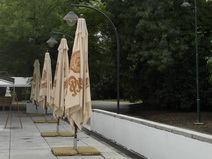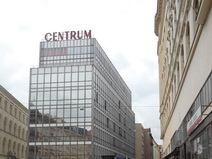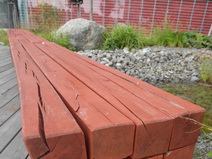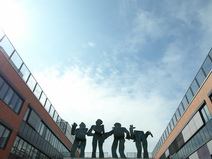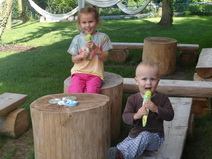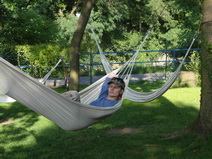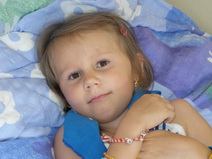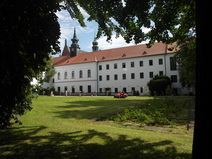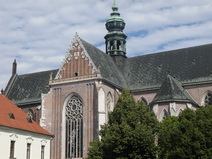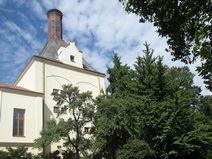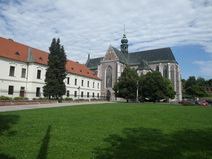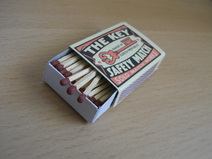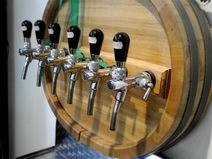|
Несомненно, Самоа – отдаленный уголок мира для многих из нас. Само название только уже звучит весьма красиво и кажется, манит к себе в гости открыть неизведанное. Надя Домашнева не является коренной жительницей Самоа, поэтому вам предоставляется возможность взглянуть на этот мир глазами человека, однажды влюбившегося в эту страну, но в тоже время остающегося реалистом. Давайте же погрузимся в увлекательную историю девушки, которая решила переехать в страну, во многих аспектах столь отличающуюся от ее родины, Росси. |
|
|

|
Отдаленные места – Самоа
Надя Домашнева, дизайнер, Самоа
Несомненно, Самоа – отдаленный уголок мира для многих из нас. Само название только уже звучит весьма красиво и кажется, манит к себе в гости открыть неизведанное. Надя Домашнева не является коренной жительницей Самоа, поэтому вам предоставляется возможность взглянуть на этот мир глазами человека, однажды влюбившегося в эту страну, но в тоже время остающегося реалистом. Давайте же погрузимся в увлекательную историю девушки, которая решила переехать в страну, во многих аспектах столь отличающуюся от ее родины, Росси.
1) Как же получилось, что русская девушка переехала в такое далекое чужестранное место?
Я родилась и жила в России до 24 лет. Жизнь в Москве очень быстрая и просто сумасшедшая, время летит как нигде в мире (я слышала, лишь за исключением Токио). Я очень хотела снизить темп жизни и сделать что-то памятное, а не просто проводить бытность метро-работа-матро-сон-метро-работа и т.д.. Поэтому я уехала на год в Австралию учиться графическому дизайну. В тот год я познакомилась с моим будущим мужем, он приехал в Австралию из Самоа навестить своих родственников. (Тогда я даже не знала, где находится такая страна). Обратно мы вернулись вместе и поженились около года спустя.
2) Было ли сложно привыкнуть к местному климату и жителям этой удивительной страны? Возникали ли какие-либо проблемы в первое время жизни в Самоа?
Климат не был проблемой, поскольку я уже была знакома с Австралийской жарой. Жители этой страны дружелюбны, и на первый взгляд кажется, что отличия не велики. Но позже я увидела, насколько мы разные. Их структура семьи, строго соблюдаемые традиции старины, сила Христианской церкви и даже их климат и месторасположение на карте мира имеют сильное влияние на их отношение друг к другу, то, как они видят и понимают разные вещи, их юмор. Всегда важны два момента: традиции и христианский образ жизни.
Проблемой стало привыкнуть к ящерицам, гигантским тараканам, червям и пр. Плюс, поскольку это остров посередине океана, – снабжение продуктов достаточно ограничено. Магическая фраза «шоколад из заграницы» напоминает мне о Советском времени, когда все хорошее можно было найти только в других странах. И, поскольку родом я из Москвы, поначалу шокировал недостаток развлечений. Клубы здесь работают лишь до полуночи, у нас есть один кинотеатр и даже цирк. По Воскресеньям все закрыто, поскольку это день посещения церкви. Но теперь, прожив здесь 2 года, это кажется привычным и правильным.
3) Что в особенности отличает Самоа от России?
Природа и в большей степени – небо! Небо необычайно красиво! Оно как купол над островом. Ночью звезды можно увидеть практически на уровне глаз, они будто сосредоточены вокруг тебя, начиная с горизонта. Можно увидеть очень близко Млечный путь (поскольку остров находится недалеко от экватора, и совершенно отсутствует загрязнение окружающей среды), а луна имеет форму улыбки, то есть не в виде буквы «С» как в северном полушарии. Тучи днем нереально высокие, набегающие друг на друга. Я предполагаю, это в силу испарения океана, который можно видеть из любой части острова.
4) А с другой стороны, есть ли черты, совпадающие у России и Самоа?
Удивительно, но да. Я думаю, что мы имеем сходное отношение к воспитанию детей. По сравнению с Австралийскими, Американскими или даже Европейскими родителями, мы достаточно строго воспитывают детей. В Самоа и России дети с раннего возраста знают правила и не бегают вокруг, мешая другим людям. Я думаю, методы в Самоа являются даже более строгими, чем в России. Поскольку в традиционной самоанской семье младшие отвечают за все домашние обязанности, они обязаны служить взрослым, что мне кажется уже немного слишком, но это образ жизни, которому следуют тут многие века.
5) Есть ли что-либо в Самоа, к чему ты никогда не привыкнешь, и наоборот – что-то, из-за чего никогда не променяешь эту страну?
Я думаю, я бы никогда не смогла жить в традиционном самоанском доме, который не имеет стен, только крыша и ее поддерживающие стойки. Мне даже было не просто привыкнуть называть это домом. Хотя очень здорово провести в таком пару дней, с минимумом комфорта и максимумом общения с природой.
Касательно второй части вопроса, я уже упоминала, что, по моему мнению, природа Самоа – самая красивая. Сложно даже поверить, что такое разнообразие красок и растений даже существует. Факт, что ты можешь оказаться в райском месте буквально просто открыв дверь (если такая имеется), не может не захватывать. А также тот факт, что ты можешь плавать в Тихом океане хоть каждый день, и до пляжа – всего 10 минут. Это нечто-то невообразимое для человек, к примеру, чья родина – Уральские горы, где я родилась.
6) Вы планируете всегда жить в Самоа или еще рассматриваете что-то другое?
Мне бы хотелось остаться здесь навсегда, здесь просто здорово воспитывать детей и наслаждаться жизнью, как она есть. Люди здесь располагают бо́льшим временем для семьи и друзей, время не летит так быстро и его на все хватает. Работа не является самым важным в мире. На мой взгляд, люди здесь дорожат настоящими ценностями гораздо больше, чем люди в больших городах.
Много приезжих из Америки, Австралии, Новой Зеландии и Европы живут здесь всю жизнь. Но в принципе, мы могли бы попробовать что-то еще. Было бы здорово иметь Новозеландский паспорт, чтобы наши дети могли легко путешествовать и учится заграницей.
7) Ты ездишь домой в Россию? Что ты чувствуешь, года возвращаешься туда?
Я ездила в Россию лишь раз после года путешествий. Я не могу сказать, что хорошо чувствовала себя в Москве. Все люди одеты в черное, все спешат, все какие-то раздражительные… Хотя я прекрасно знаю, что это все лишь фасад, за котором скрывается другое.
Я была очень счастлива видеть своих родных и друзей, они, конечно, самые лучшие. Но касательно окружения, города… Я не думаю, что я бы смогла жить в таком большом месте больше. На самом деле, мое лучшее время в России было деревенском домике с парой друзей, вдали от шума и транспорта (жизнь в Самоа неким образом напоминает мне то место своей расслабляющей атмосферой на грани монотонности). Хотя до поездки в Австралию мне навились клубы, вечеринки и рестораны. Всего этого было достаточно, я думаю.
8) Как ты узнала про проект Week of Life и что ты думаешь о нем?
Это достаточно забавная история. Мой муж работает ИТ технологом. Каждый день чинит компьютеры и иногда устанавливает на них симпатичные обои. Он ищет их в интернете, как-то раз он нашел несколько замечательных экземпляров, сделанных кем-то под именем Влад. Мы подумали, что он русский, позже я нашла его сайт с очень красивыми работами. Он на самом деле оказался русским. И в разделе «О себе» была ссылка на неделю Влада на сайте Week of Life. Мне очень понравилась идея проекта, и я сразу же начала съемку моей недели.
Я искренне восхищаюсь теми пользователями Week of Life, чьи профессии не связаны с искусством, дизайном и подобного рода деятельностями, предполагающими креативность как составляющую часть данной деятельности. Они находят время и энергию для создания столь замечательных серий фото и не сдаются после третьего или четвертого дня, когда процесс уже является менее развлекательным и более обязательным. Но ощущение, когда все закончено и фото загружены, очень классное! Все усилия определенно стоят этого!


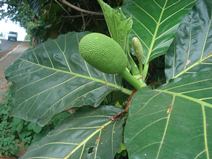






Неделя Нади Домашневой








